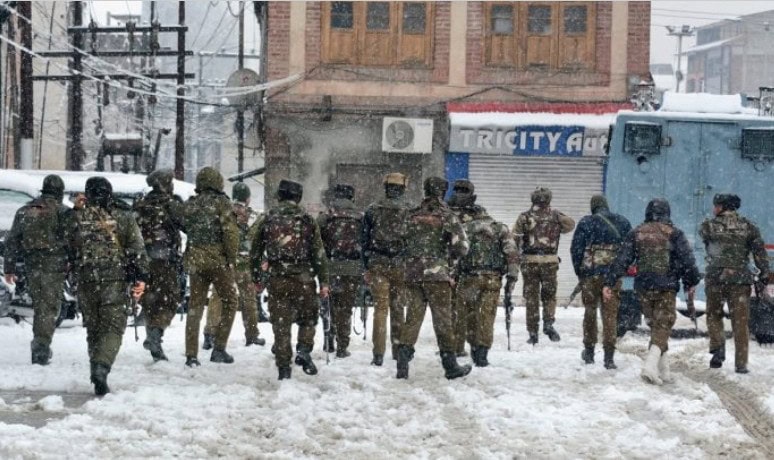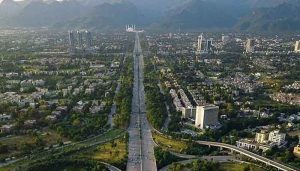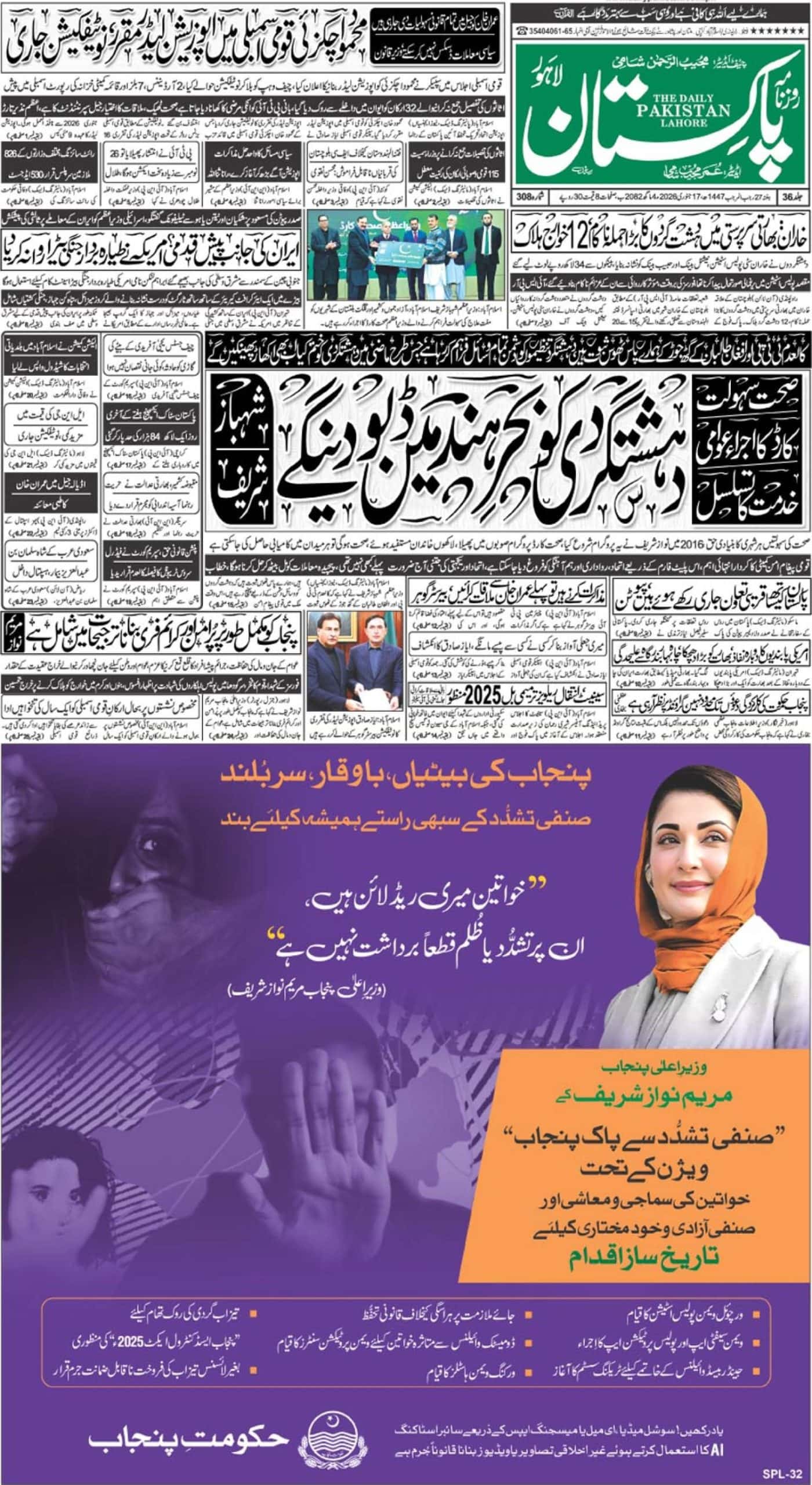For as long as many of us can remember, this has been the story. It’s the feeling of having a neighbor who isn’t just watching over the fence, but is actively trying to set fires in your backyard, hoping the world won’t notice who lit the match. This recent storm of lies about the protests in Azad Kashmir wasn’t something new; it was just the latest chapter in a very old, and very tired, book. While New Delhi was screaming to the world about chaos on our streets, the reality on the ground was telling a much quieter story. It wasn’t our country that was in crisis; it was their story that fell apart, showing just how empty their strategy against us really is.
The playbook is predictable. Take a local, legitimate issue—in this case, protests over electricity and flour prices—and amplify it through a state-sponsored disinformation machine. Networks linked to India’s notorious intelligence agency, RAW, were activated to flood social media with a deluge of falsehoods. Recycled videos, doctored images, and unrelated clips were repackaged and presented as evidence of an armed insurrection. The objective was clear: to manufacture a “both-sides” narrative to deflect from the iron-fisted oppression and systematic demographic engineering underway in Indian-Illegally Occupied Jammu and Kashmir (IIOJK).
This is not a new tactic. It is the same strategy India has deployed unsuccessfully for years in Balochistan, where RAW has been repeatedly implicated in funding and arming separatist groups to fuel instability. By sponsoring proxies and weaponizing information, India aims to create internal fissures, erode public trust, and project an image of Pakistan as a perpetually volatile state. This proxy war is an attempt to achieve through covert means what it cannot through conventional ones.
But the campaign around AJK spectacularly backfired. Instead of escalating, the protests were resolved through dialogue. The Pakistani government engaged with the protestors, acknowledged their grievances, and swiftly announced a major subsidy package that addressed their core demands. The streets of AJK returned to calm, not through force, but through a functional political process. This peaceful resolution stands in stark contrast to the situation across the Line of Control, where dissent is met with pellet guns, communication blackouts, and thousands of political prisoners.
The episode revealed the core weakness of India’s strategy: it is built on lies, not reality. The international community is increasingly aware of the difference between organic civic protest, which Pakistan engaged with constructively, and the brutal state suppression that defines India’s illegal occupation of Kashmir.
And this, perhaps, is the cruellest part: When India reached into the protests and tried to twist the narrative, they weren’t standing up for the people of AJK—they were actively disrespecting them. It was a calculated insult, treating sincere concerns about livelihoods as mere props in a larger political performance. They didn’t empower Kashmiri voices; they tried to hijack them, shoving their own fabricated story onto our people and essentially erasing the honest reasons for why they spoke up in the first place.
As Pakistan continues to address the needs of its citizens through civil discourse, it will also remain steadfast in exposing and confronting India’s proxy war. The truth has a persistence that recycled propaganda cannot match. The peace in Azad Kashmir is a testament to that truth, and a clear indictment of the state that chooses to wage war through shadows and lies.














